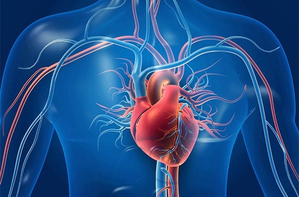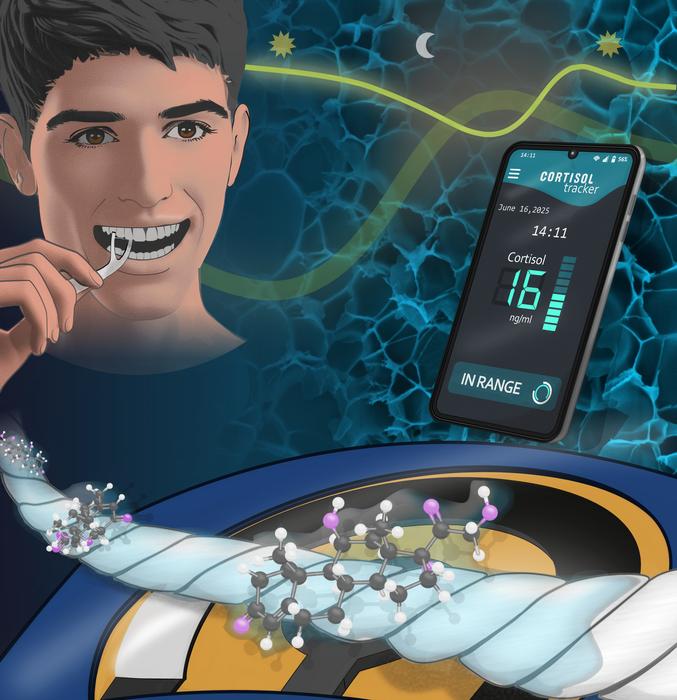To ensure consistency, participants’ meals and physical activity were closely monitored throughout both sessions. Blood samples were collected in the mornings and evenings to measure levels of around 90 different proteins, many of which are tied to the body’s inflammatory response
Just three nights of poor sleep may significantly raise the risk of heart disease, even in healthy young adults, according to a study conducted by researchers at Uppsala University in Sweden.
The findings underscore the growing concerns around chronic sleep deprivation as a public health issue, revealing that even short-term disturbances in sleep can trigger biological processes associated with cardiovascular disease.
The study, published in the journal Biomarker Research, examined how restricted sleep impacts inflammation in the body. Inflammation is a known contributor to heart conditions such as coronary artery disease and heart failure. While previous studies have largely focused on older individuals already at higher risk, this research evaluated the effects of sleep loss on young, healthy men.
“Our results show that just a few nights of insufficient sleep can cause measurable increases in proteins linked to inflammation and cardiovascular risk,” said Dr. Jonathan Cedernaes, a physician at Uppsala University and lead author of the study. “It’s striking to observe such a response in individuals who were otherwise in perfect health.”
The study involved 16 healthy young men of normal weight, all with established good sleep habits. Participants underwent two controlled three-night sessions in a sleep laboratory. In one session, they were allowed to sleep around eight hours each night. In the other, their sleep was restricted to approximately four hours per night.
To ensure consistency, participants’ meals and physical activity were closely monitored throughout both sessions. Blood samples were collected in the mornings and evenings to measure levels of around 90 different proteins, many of which are tied to the body’s inflammatory response.
The researchers found that levels of multiple proteins associated with inflammation rose significantly after the three nights of sleep deprivation. Many of these proteins are already linked to heightened cardiovascular risk, according to previous studies.
Additionally, participants were asked to perform a session of high-intensity exercise lasting 30 minutes following both the normal and sleep-deprived periods. The researchers noted that while beneficial proteins associated with exercise still increased, the overall physiological response to exercise was altered in those who had been sleep-deprived.

“We’ve shown before that physical exercise, while generally beneficial, may place slightly more strain on the heart when someone hasn’t had enough sleep,” said Cedernaes. “This study adds new insight into how the body’s inflammatory and cardiovascular systems respond under such conditions.” He added that while this research focused on healthy young men, the implications could be more serious for other demographics. “Further research is needed to explore how these effects might vary in women, older individuals, people with heart conditions, or those with irregular sleep patterns,” he noted.
As more people sacrifice sleep due to demanding work schedules, screen time, or lifestyle choices, experts are urging the public to recognise sleep as a foundational pillar of health.
“These results highlight the importance of sleep for cardiovascular health — not just over the long term, but in the short term as well,” said Cedernaes. “Prioritising good sleep hygiene is one of the most accessible and effective ways to protect your heart.”









